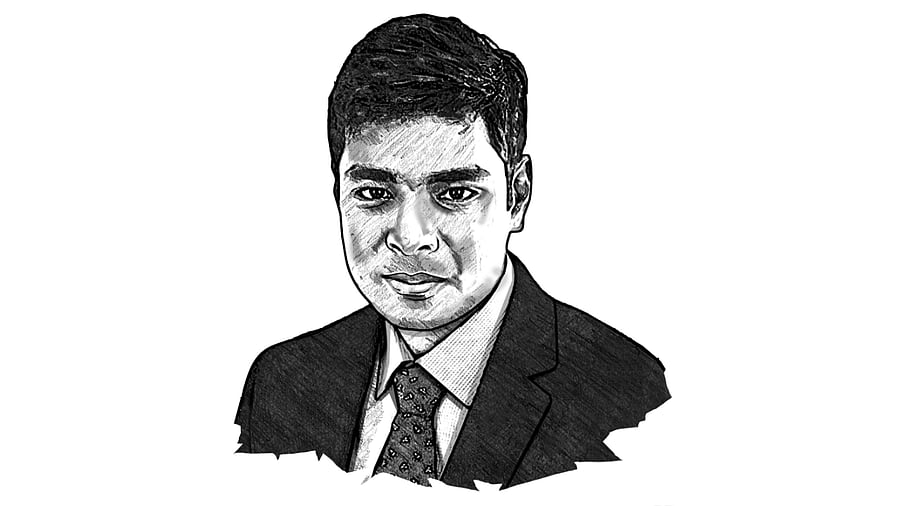
Mohamed Zeeshan is a student of all things global and, self-confessedly, master of none, notwithstanding his Columbia Master’s, a stint with the UN and with monarchs in the Middle East @ZeeMohamed_
When Ugandan-born, Indian-origin, Muslim politician Zohran Mamdani won the Democratic Party’s nomination to be the next mayor of New York City, it left many liberal Americans asking: Could someone like him also become the US President one day?
The liberal quest to translate Mamdani’s city-level success into a nationwide campaign is not unique. This was the challenge that surrounded Sadiq Khan in England after he became mayor of London about a decade ago. It also dogged Kamala Harris when she ran for US President last year.
At the crux of it, the success of liberal-leaning, minority candidates at the city level is the product of an ever-widening gulf between the big cities and the heartland across much of the West. New York City, for instance, is not America. As a centre of global commerce and culture, New York is home to the kind of dizzying diversity that would be anathema to most people who live in rural Kansas or Kentucky. Only 31% of New Yorkers are non-Hispanic white people. As many as 36% are foreign-born.
Sure enough, the sentiments of New York City’s voters did not translate immediately to any form of sympathy nationwide. Almost as soon as word of Mamdani’s success got out, conservative voices from across the American heartland began lobbing Islamophobic tropes at him. Some of them harkened back to the horrors of 9/11. Others questioned whether Mamdani should be deported by immigration officers. One representative shared an image of the Statue of Liberty clad in a burqa and bemoaned that as America’s future.
In one sense, it’s hard to blame the rural voters for refusing to embrace minority politicians. Politics is all about representation – and voters almost instinctively fear the alien and the unknown. In Europe, for instance, surveys have found that the highest levels of anti-immigrant and anti-Muslim sentiment exist in places where there are almost no immigrants or Muslims. As a corollary, the more that people interact with immigrants and Muslims at a personal level, the less likely they are to hate them.
This paradox is in large part the result of how globalisation has taken place over the last few decades. When global businesses ventured out, foreign trade, labour, capital, and ideas coalesced around a handful of big global cities across the East and the West – London, New York, Frankfurt, Shanghai, Dubai, and Hong Kong. Over time, those cities developed a rich tapestry of cultural diversity, flush with foreign influences, that increasingly uprooted them from the countries and regions they belonged to.
This was both good and bad. The increase in diversity meant that the residents in those cities not only profited economically but also socially – embracing a melange of foreign ideas and cultures that may have once appeared alien and frightening. On the other hand, however, the towns and villages around them became increasingly detached and progressively resentful on both fronts: economically, they coveted the prosperity of urban elites in those cities; culturally, they saw foreign influences as a threat to their own practices.
The ever-widening divide between city and countryside is now proving unsustainable both economically and politically. Data unequivocally shows that trade and globalisation made humankind richer and more prosperous than it has ever been before. The flow of technology and economic opportunities has pulled millions out of poverty and made once onerous tasks a breeze. Yet, a growing percentage of voters around the world are beginning to turn on trade and globalisation for fear of losing their cultures and their own selves, even as their quest for vengeance rains down chaos.
If the global economy wants to keep growing, it needs to find a way to bridge that gap.